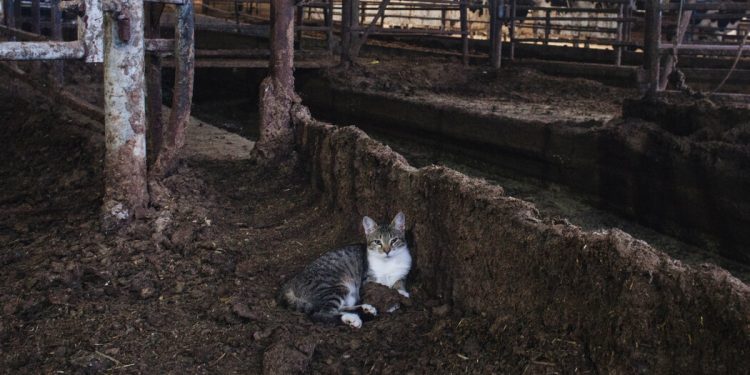Federal officials who spent the last year grappling with a surge in bird flu infections in cows and humans are now facing a wave of new cases in cats, some of which have died after eating the contaminated and uncooked pet food.
Since the beginning of December, more than two dozen cases have been confirmed in domestic cats in the United States. Authorities have linked some cases to virus-laden raw milk, known to pose a serious risk to cats. But other cats have become ill after eating commercially available raw pet food – the first known cases in the country linked to pet food.
These cases have already prompted a pet food manufacturer to recall some of its products. And last week, federal authorities announced new pet food safety rules and poultry oversight efforts.
Avian flu “is an emerging contaminant in animal feed,” Dr. Steve Grube, chief medical officer of the U.S. Food and Drug Administration, said at a press briefing last week.
Still, experts and officials said there’s no reason for pet owners to panic. There is no evidence that infected cats transmitted the virus to humans, and cases have been specifically linked to unpasteurized milk and uncooked meat or poultry products.
Most commercial pet foods are cooked or heat treated. “The heat of the treatment should be enough to inactivate the virus,” said Phyllis Entis, a food safety microbiologist who has worked for Canada’s food safety agency.
Thank you for your patience while we verify access. If you are in Reader mode, please exit and log in to your Times account, or subscribe to the entire Times.
Thank you for your patience while we verify access.
Already subscribed? Log in.
Want all the Times? Subscribe.


